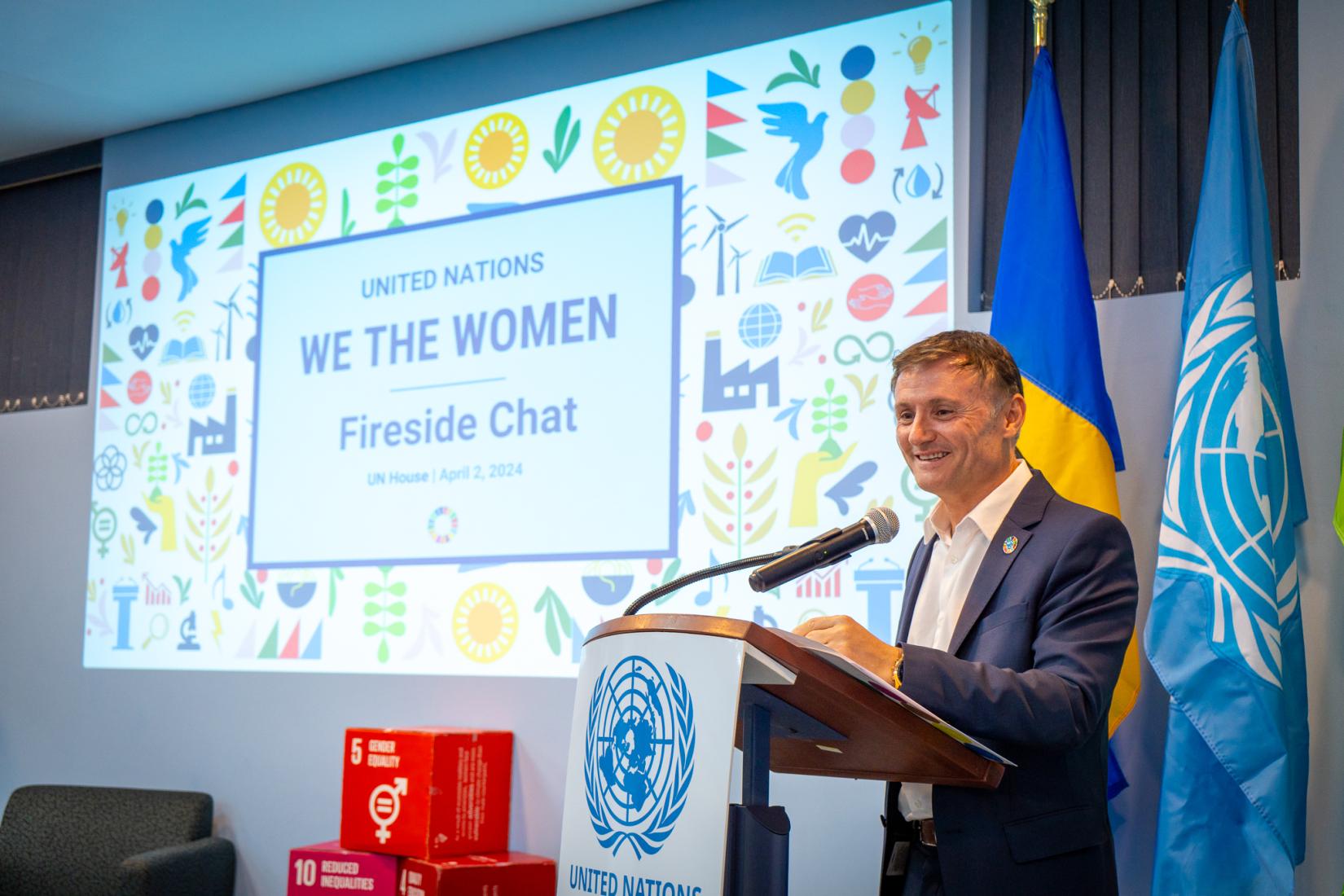#WeTheWomen Fireside Chat: Caribbean Women Chart a Course for the Future at U.N. Forum
BRIDGETOWN, Barbados - A chorus of Caribbean women, young and old, recently raised their voices at the United Nations House here, outlining their hopes and proposing solutions for a more equitable and sustainable future. The forum, held in April 2024, was part of the U.N.'s "We the Women" Global Campaign, launched on International Women's Day.
The global campaign seeks to amplify women's perspectives on critical issues through a global survey and a series of intergenerational dialogues. The Barbados forum served as a microcosm of this effort, gathering qualitative insights to complement the quantitative survey data.
Women from a wide range of backgrounds, spanning ages from their 30s to their 70s, participated in the event. They represented diverse sectors including education, international development, law, human rights, business, and politics. Notably, the forum ensured inclusion by incorporating the voices of women with disabilities.

Caption: UN Resident Coordinator, Didier Trebucq delivers his remarks at UN House to the room of Caribbean women of all ages at an intergenerational dialogue. Trebucq stressed the importance of women's voices in shaping a better future.
Photo: © UN Barbados and Eastern Caribbean/Java Sealy
Didier Trebucq, the U.N. Resident Coordinator, underscored the significance of women's voices in shaping the future. "We firmly believe that women must be central to decision-making processes, especially on issues that directly affect their lives, families, and communities," he said.
A lively "Fireside Chat" set the tone for the session. Dr. Rosina Wiltshire, a seasoned development practitioner, and Gabrielle Gay, a young law student and founder of the Erline Bradshaw Foundation, engaged in a conversation that transcended their generational gap. They found common ground on the need for progress in areas like global governance, climate change, educational reform, and addressing gender-based violence.
Ms. Gay stressed the importance of education as the cornerstone of a gender-just Caribbean. "Education is the bedrock of societal progress," she asserted. "We cannot move forward without a shift in mindsets."
Dr. Wiltshire concurred, advocating for a redefined concept of masculinity that embraces vulnerability and emotional intelligence. She further emphasized the need to reassess language and societal values, moving beyond a purely financial definition of wealth.
"Love is a powerful force," she said. "Love transforms our reality, and it's not a sign of weakness. We need to broaden our vocabulary to redefine what we value." She continued, "What truly matters to us? What constitutes wealth? We must move beyond just financial wealth and embrace social wealth, spiritual wealth, environmental wealth, intellectual wealth – all the dimensions that contribute to a healthy community, a healthy nation, and a healthy world."

